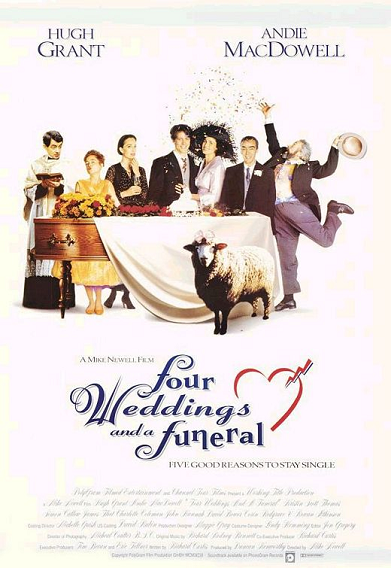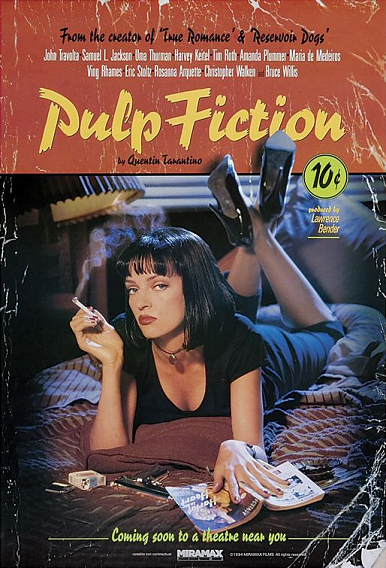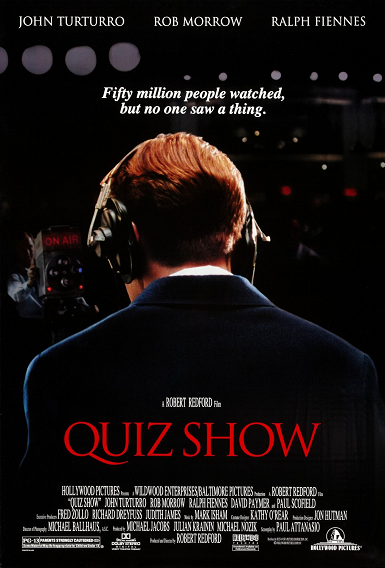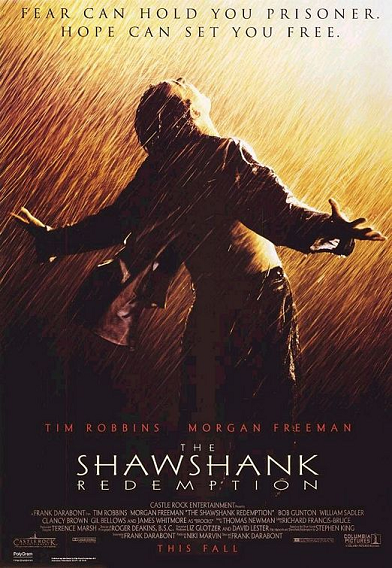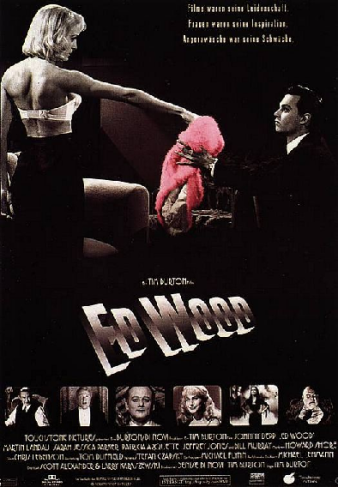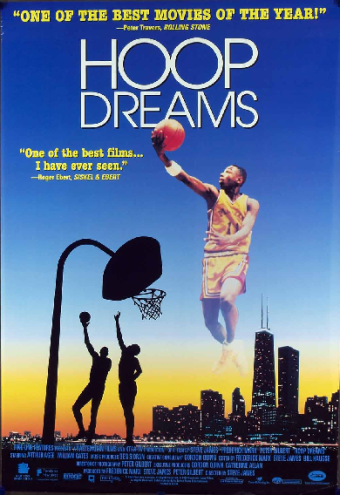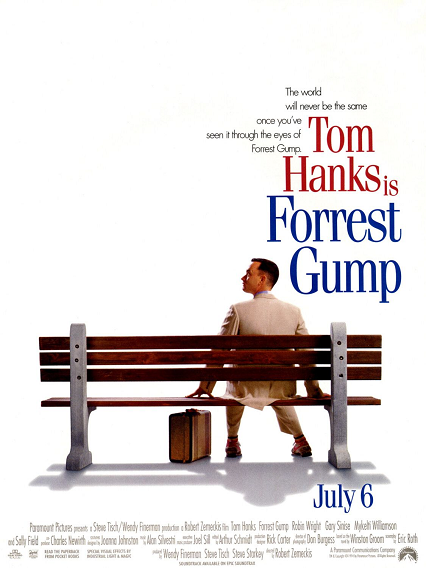
Starring: Tom Hanks, Robin Wright, Gary Sinise, Sally Field, Mykelti Williamson, Haley Joel Osment (in his feature film debut)
Director: Robert Zemeckis
Summary: A developmentally disabled man stumbles through formative events in U.S. history
Other Nominations: Director*, Actor (Hanks)*, Supporting Actor (Sinise), Adapted Screenplay*, Original Score, Sound Editing, Sound, Art Direction, Cinematography, Makeup, Film Editing*, Visual Effects*
This tends to be a very polarizing film for a lot of people, but somehow I’m in the middle. On one hand, it’s an offbeat, whimsical and oddly endearing movie that’s consistently enjoyable. I also can’t really imagine an actor doing better than Tom Hanks as the lead (thank goodness John Travolta turned down the role first) as he nails both the childlike innocence and the emotional aspects of his character. Gary Sinise is also very lively as Lt. Dan and his presence is appreciated in the movie. Finally, the special effects they used were certainly inventive for the period-some of the historical recreation scenes look fine, but some (especially the LBJ one) look horrible. The more subtle ones (like the ping pong balls or Lt. Dan’s legs) hold up the best.
This however is a film with some big underlying issues for me though. It goes through the “greatest hits” of the 50s-early 80s (sort of like a baby boomer version of Cavalcade) in the most superficial way possible and using a constant stream of the most obvious and overused 60s and 70s songs on a constant stream. The film also has a moralistic bent (mostly conservative), where you have an extremely obvious contrast between the simple values and clean, uncomplicated living of Forrest Gump with the drug-using, free-love counterculture, flighty lifestyle of the love of his life, Jenny. The main problem I have with this is that it oversimplifies everything and also chooses to ignore the underlying reasons WHY so many people rebelled against societal norms during this period. This is due in large part to the film being from Gump’s perspective (as he’s a character that wouldn’t really understand the concepts of racism and prejudice), but if you are going to make moral judgments like this, it’s a really dishonest way of doing it. I guess as a final note, I’m kinda bummed out that this movie marked a clear shift in Robert Zemeckis as a filmmaker, where he went from an extremely creative and original filmmaker (The Back to the Future trilogy, Who Framed Roger Rabbit, Death Becomes Her) to a “serious” filmmaker (who followed up this movie with Contact and then later a series of godawful uncanny valley animated movies like The Polar Express, A Christmas Carol and Beowulf).
Above all though, I have to emphasis that I did enjoy the movie a lot, was consistently entertained and Hanks is great. It’s just that there are a lot of problems for me that kept it from being a classic in any sense of the word.
Rating: B

